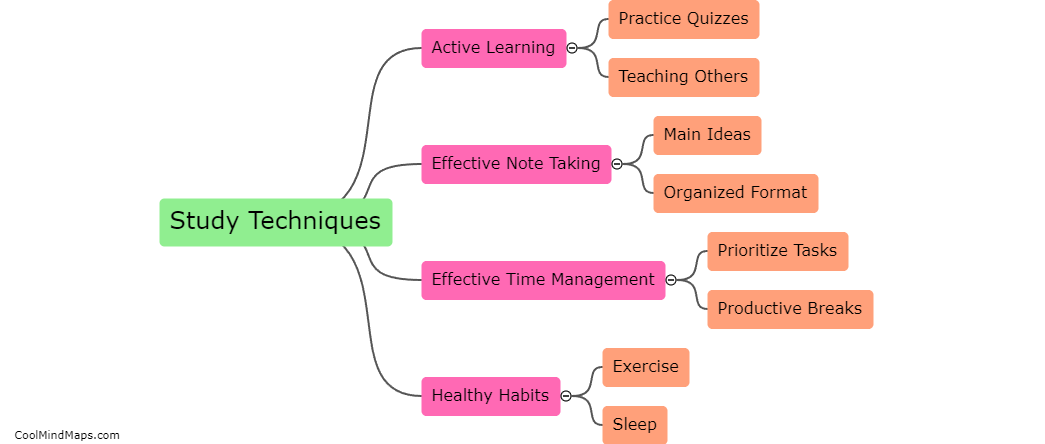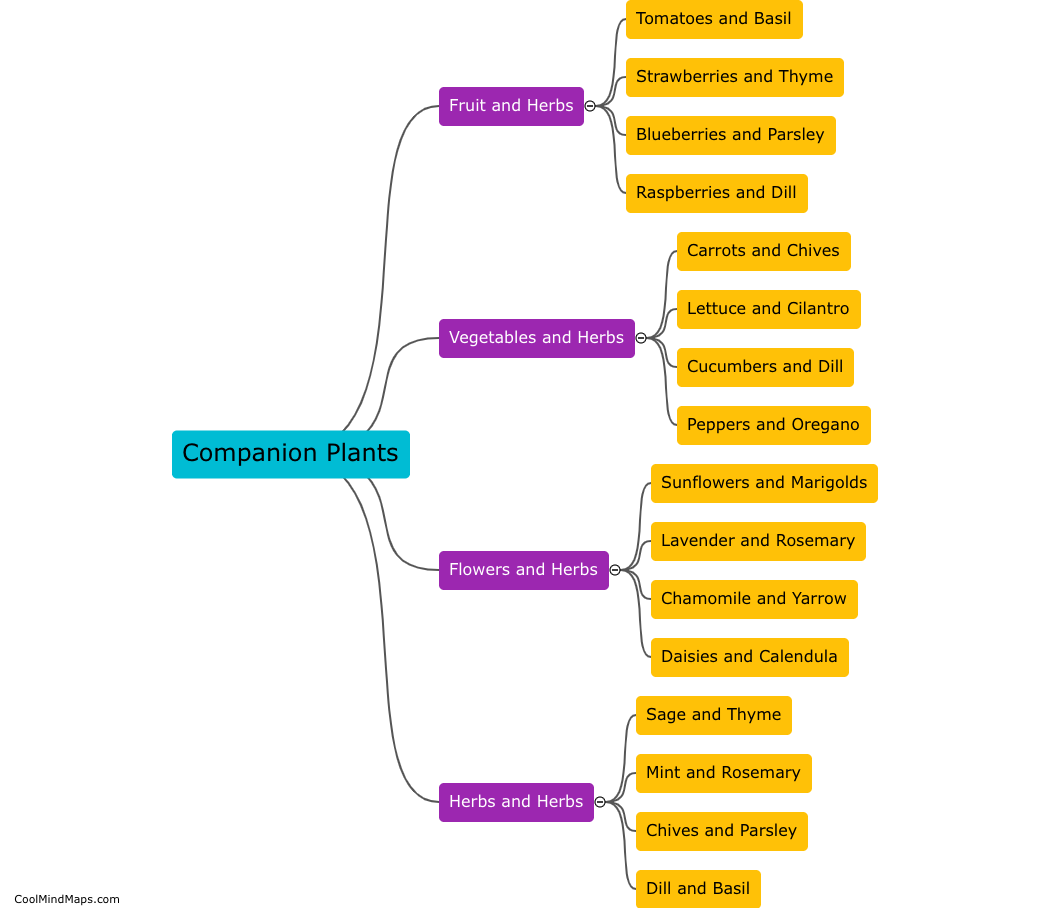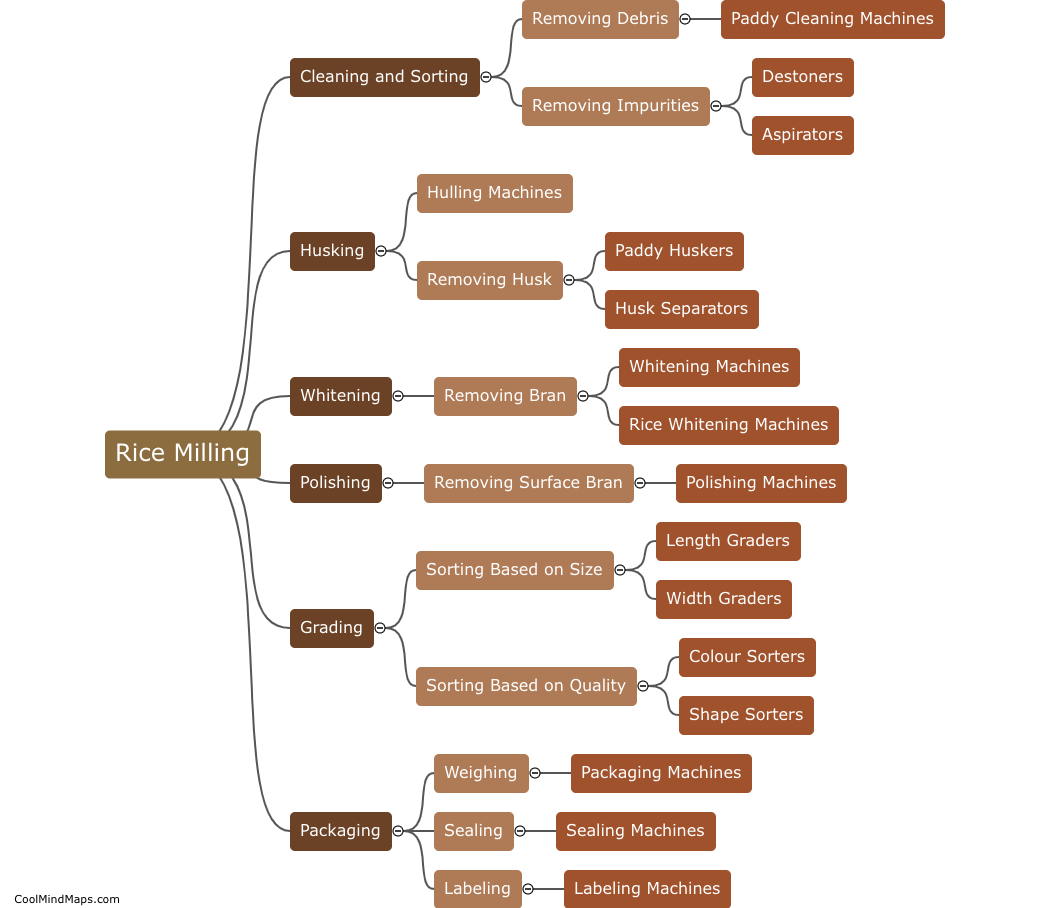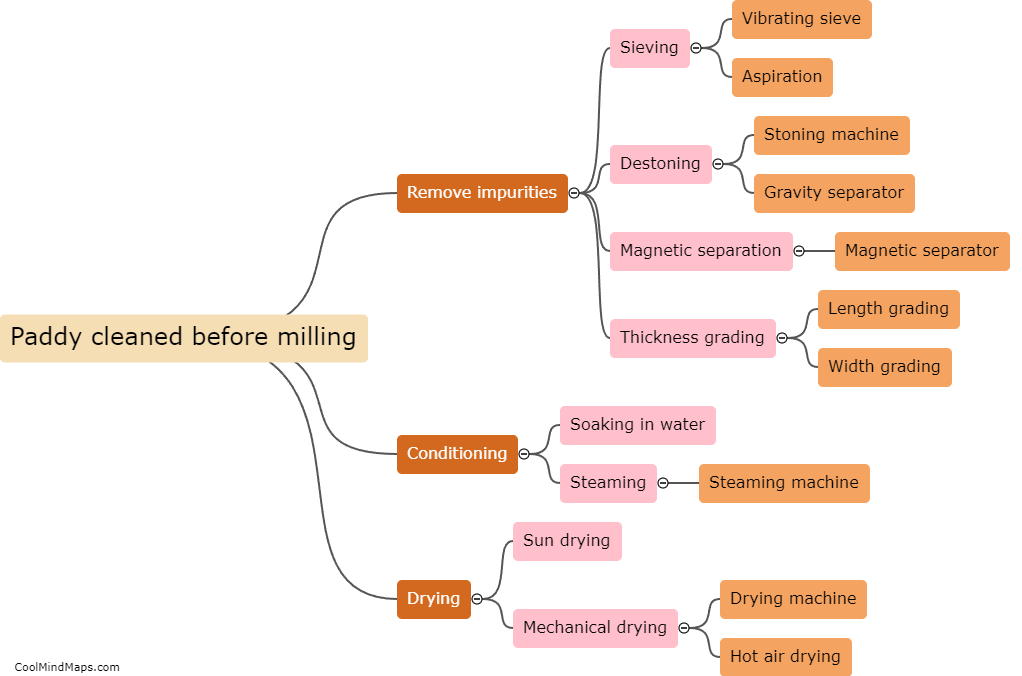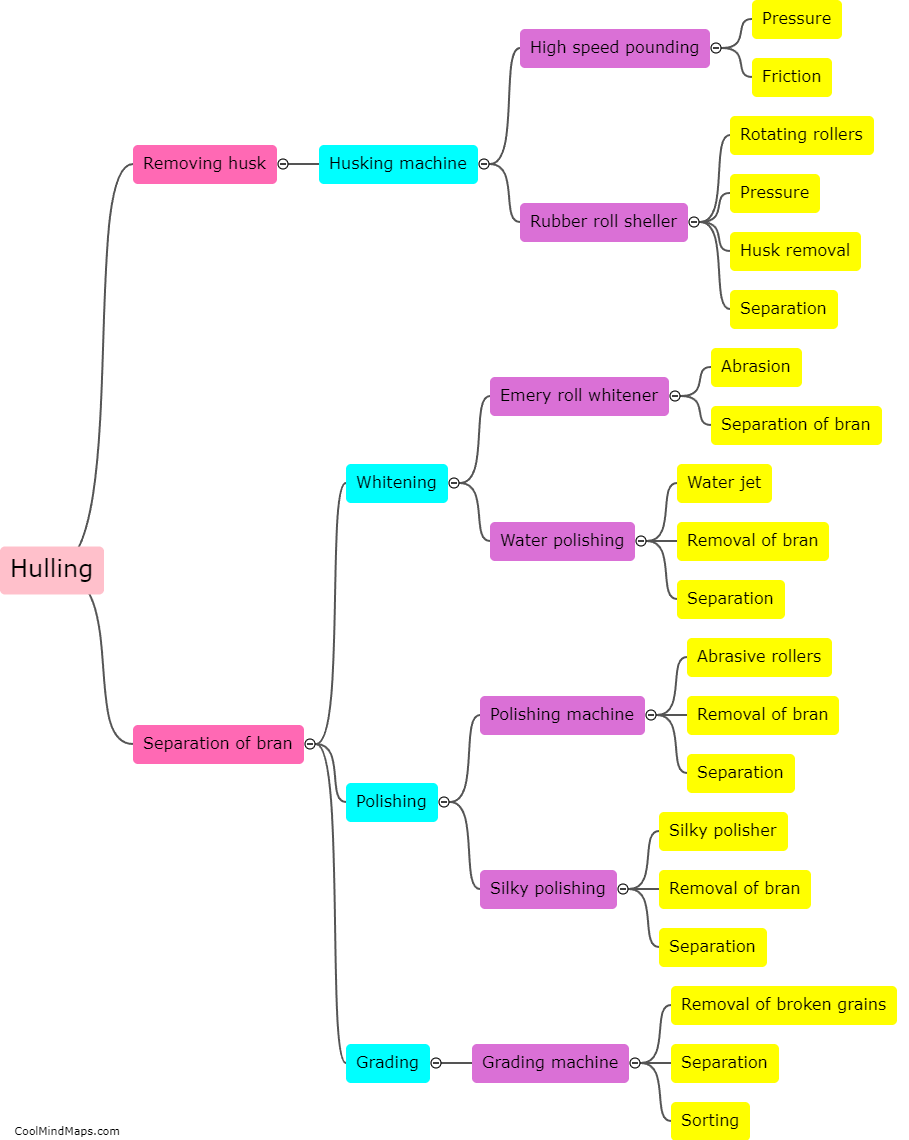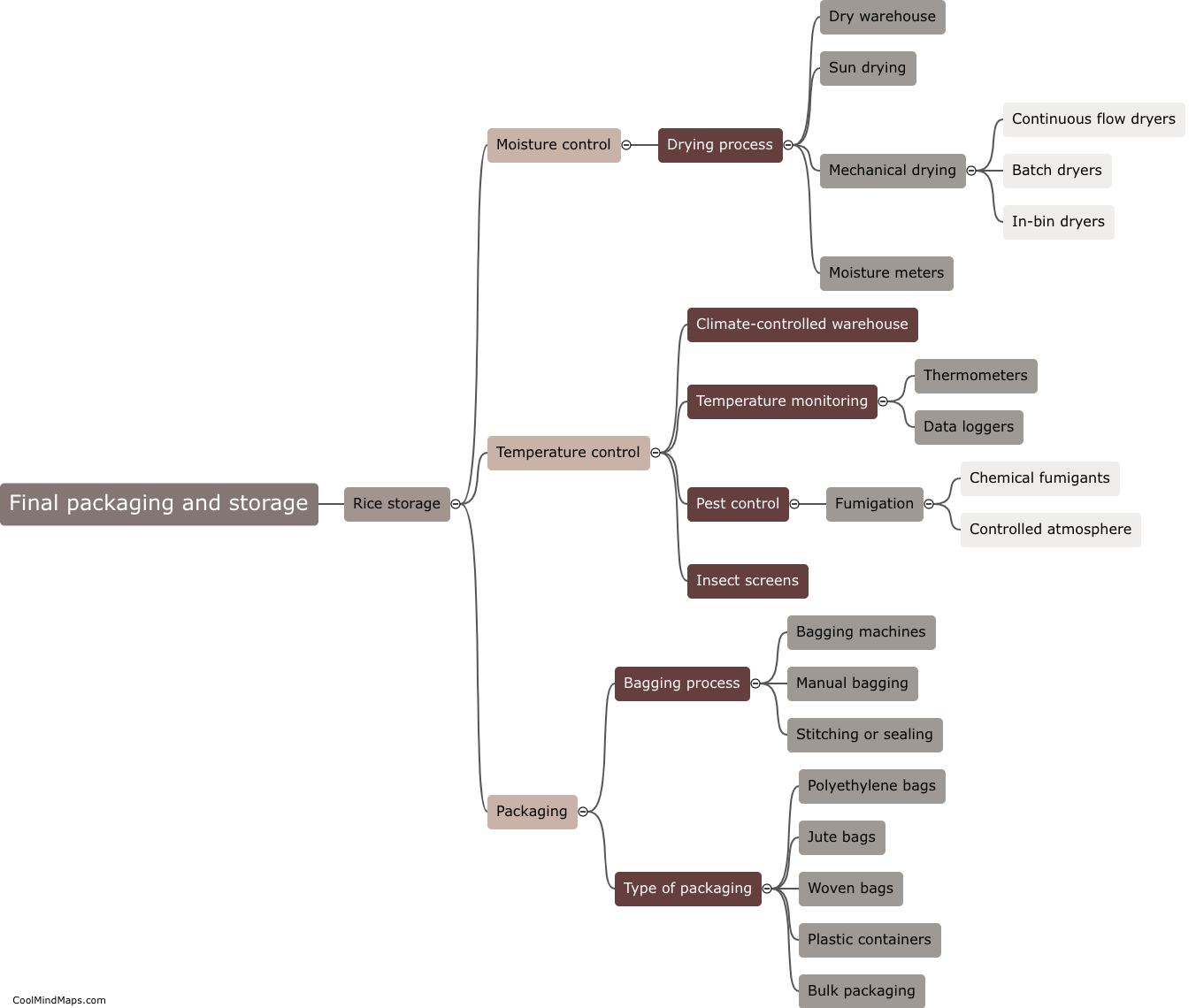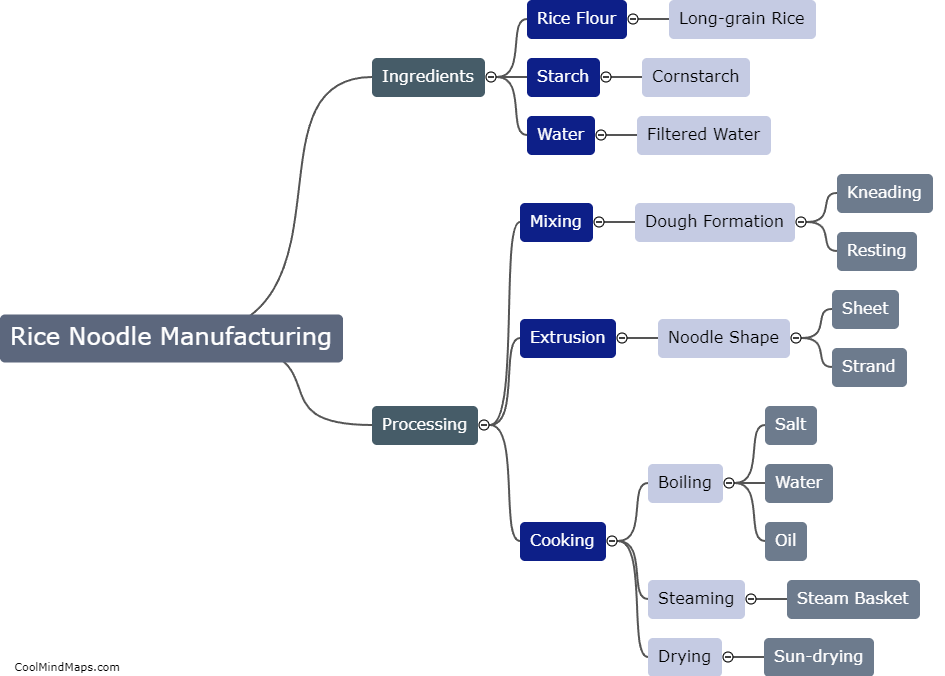How do cells function?
Cells are the basic functional units of all living organisms. They carry out a wide range of complex functions that are crucial for the overall functioning of an organism. Cells are able to function by using specialized structures called organelles, each with specific roles and responsibilities. The nucleus, for example, houses the genetic material and controls the cell's activities. The mitochondria generate energy by converting nutrients into usable forms through cellular respiration. The cell membrane acts as a selective barrier, allowing certain molecules to enter or leave the cell. Additionally, cells communicate with each other through chemical signals, enabling coordinated actions within tissues and organs. Overall, the intricate combination of organelles, molecules, and processes enables cells to carry out essential functions like growth, reproduction, and maintaining homeostasis within an organism.

This mind map was published on 30 July 2023 and has been viewed 121 times.
